From facing disciplinary action to winning Grand Prix: Payal’s historic win at Cannes
It has been a wonderful year for India at Cannes. First, Anasuya Sengupta from Kolkata won the Un Certain Regard Prize for Best Actress for her performance in "The Shameless," becoming the first ever Indian to win the Best Actress prize at Cannes. And now, Payal Kapadia, the director of "All We Imagine as Light," made history by becoming the first Indian filmmaker to win the Grand Prix award at the 77th Cannes Film Festival, according to PTI reports.
Prior to its premiere at Cannes, Indian audiences were thrilled to find out that the film will be competing in the main competition and that it's the first Indian film to be screened in 30 years. It is the first film directed by an Indian woman to enter the festival's main competition.
"All We Imagine As Light" premiered at the 2024 Cannes Film Festival in its much-feted competition section on May 23. The film received an eight-minute standing ovation and was hailed as a potential winner by international critics in their reviews.
Bollywood stars such as Kiara Advani, Swara Bhasker, Richa Chadha, Ali Fazal, Radhika Apte, Anurag Kashyap, and Bhumi Pednekar, among others, also extended their congratulations to Payal Kapadia on social media.
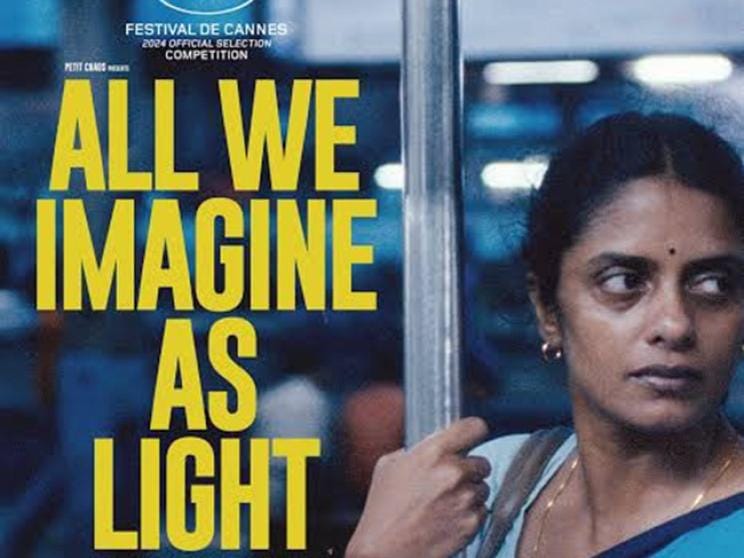
The last Indian movie selected for the main competition at Cannes was Shaji N Karun's 1994 film "Swaham."
Directed and penned by Payal Kapadia, the Malayalam-Hindi feature film follows the lives of two nurses from Kerala — Prabha (Kani Kusruti) and Anu (Divyaprabha) — who are colleagues at a Mumbai hospital and roommates.
When Prabha receives an unexpected gift from her estranged husband, her regular life is disrupted. In the space-crunched city, her younger roommate Anu struggles to find a spot to be intimate with her boyfriend. When they take a trip to a coastal town, their lives undergo a change.
The only Indian film to ever win the Palme d'Or — then known as the Grand Prix du Festival International du Film — was Chetan Anand's "Neecha Nagar" (1946). Mrinal Sen's domestic help drama "Kharij" won the Jury Prize in 1983.
While the whole world is raving about the Indian film, little is known about the award-winning filmmaker. So here are some interesting details about the director to help her fans get to know her a bit better.
It seems International stardom was already aligned in her path towards filmmaking. The 38-year-old's 2021 critically acclaimed documentary "A Night of Knowing Nothing" which premiered at the Cannes Film Festival's Director's Fortnight and won the Oeil d'Or (Golden Eye) award.
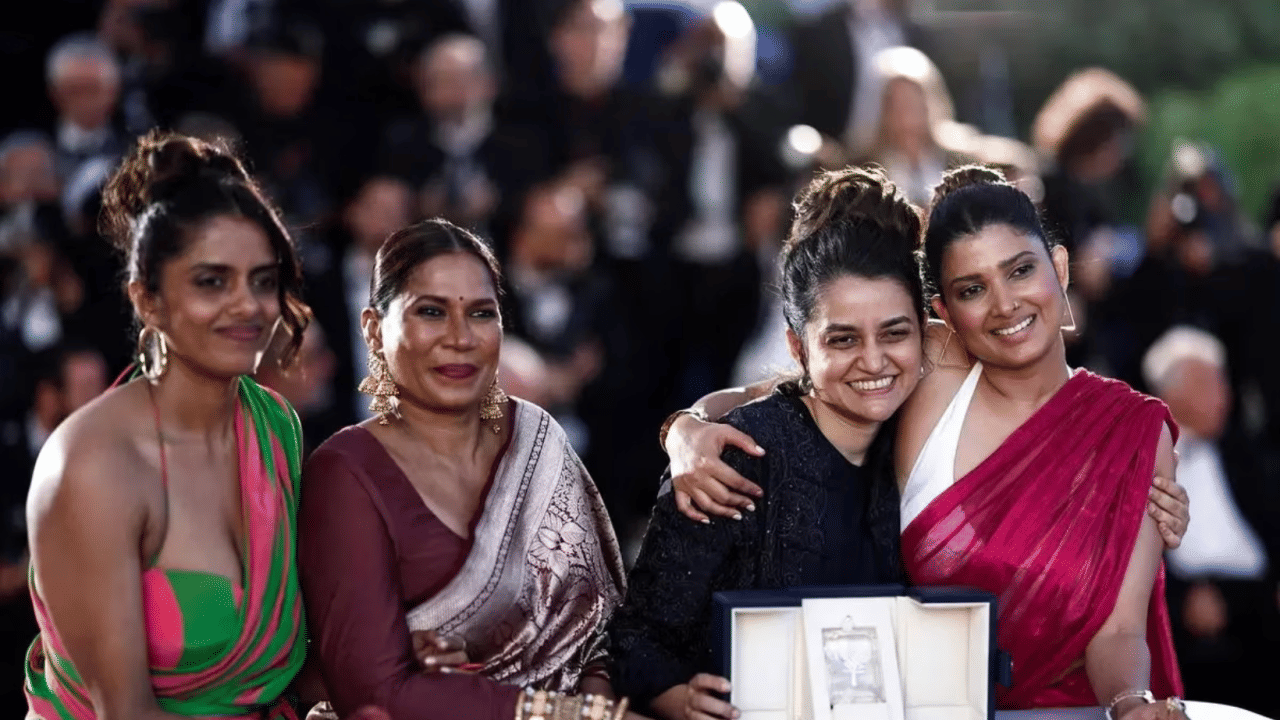
According to PTI, her short film "Afternoon Clouds" was also screened in Cinéfondation, a category dedicated to supporting the next generation of talented filmmakers.
Accepting the award from American actor Viola Davis, Kapadia expressed gratitude to her actors whose contributions made the film possible. "All We Imagine As The Light" featured Chhaya Kadam, Divya Prabha, and Kani Kusruti in the leading roles.
During her acceptance speech at the Cannes, Payal she also thanked the jury members and addressed the societal challenge of women being "pitted against each other." She emphasised the significance of friendship as a vital relationship in her life.
Kapadia, an alumna of the Film & Television Institute of India (FTII), has always had a fascination with telling stories that are close to her heart. She has a rebellious spirit which invokes her to fight for things that she is truly passionate about. She doesn't feel shy about voicing out for the oppressed as she gave a shout out to the festival workers who had protested at the opening night gala, demanding better wages and acknowledgement.
During her time at the Film & Television Institute of India (FTII), Kapadia gained recognition for spearheading a four-month protest against then-FTII Chairman Gajendra Chauhan in 2015, as noted by journalist Nidheesh MK.
It marked the longest protest in the institution's history, lasting 139 days, amidst numerous student agitations. Kapadia and fellow protestors highlighted Chauhan's perceived lack of credentials. In solidarity, Kapadia boycotted her classes, leading to the institute revoking her scholarship.
In the same year, an FIR was filed against her and a few other students after they held director Prashant Pathrabe captive. This occurred after he decided to proceed with the assessment of incomplete projects from the 2008 batch. Hindustan Times reported that a total of 35 students were charged by the Pune Police.
Following the selection of her 13-minute short film 'Afternoon Clouds '(2017), depicting the story of an elderly lady and her domestic help, for the competition category at the 70th Cannes International Festival in 2017, FTII reversed its decision and opted to support Kapadia. The institute issued a letter of support and agreed to cover Kapadia's travel expenses.
Later on, Payal Kapadia went on to make her critically acclaimed documentary "A Night of Knowing Nothing," depicting a woman writing letters to her estranged love amidst the protest backdrop.
Kapadia, who attended a boarding school in Andhra Pradesh, is the daughter of veteran artist Nalini Malani.
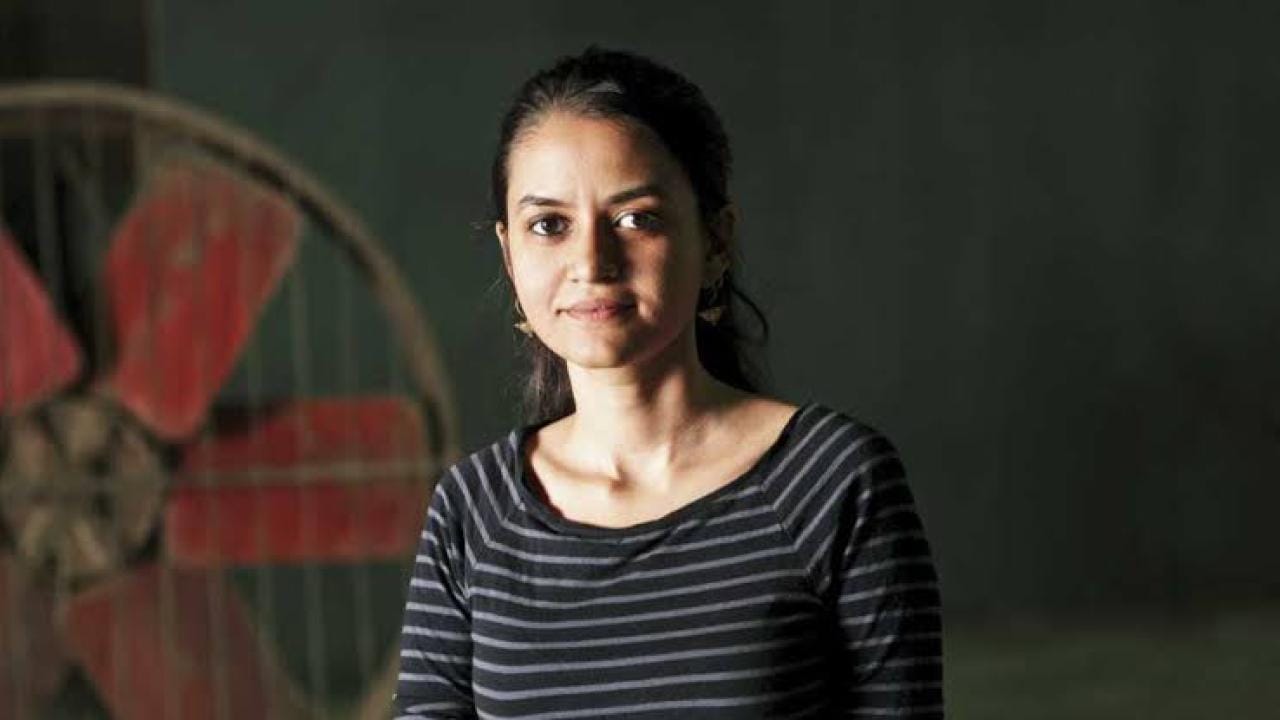
In an interview with Variety, Kapadia discussed her inspiration for the film, expressing her desire to highlight the stories of women from diverse backgrounds who migrate to different cities for work, drawing from her own upbringing surrounded by empowered women in her family.
"Financial independence can offer a degree of autonomy, but in India, it's more complex," she explained. "I wanted to delve into when one truly achieves autonomy to pursue personal desires and choices."
Speaking to international media, Kapadia emphasized her film's exploration of how patriarchal values can strain female friendships.
"I see the film as a portrayal of friendship, with a focus on mutual support. Sometimes, patriarchal norms disrupt these bonds among women. My aim is to depict solidarity and friendship free from such constraints," she concluded.



 For all latest news, follow The Daily Star's Google News channel.
For all latest news, follow The Daily Star's Google News channel. 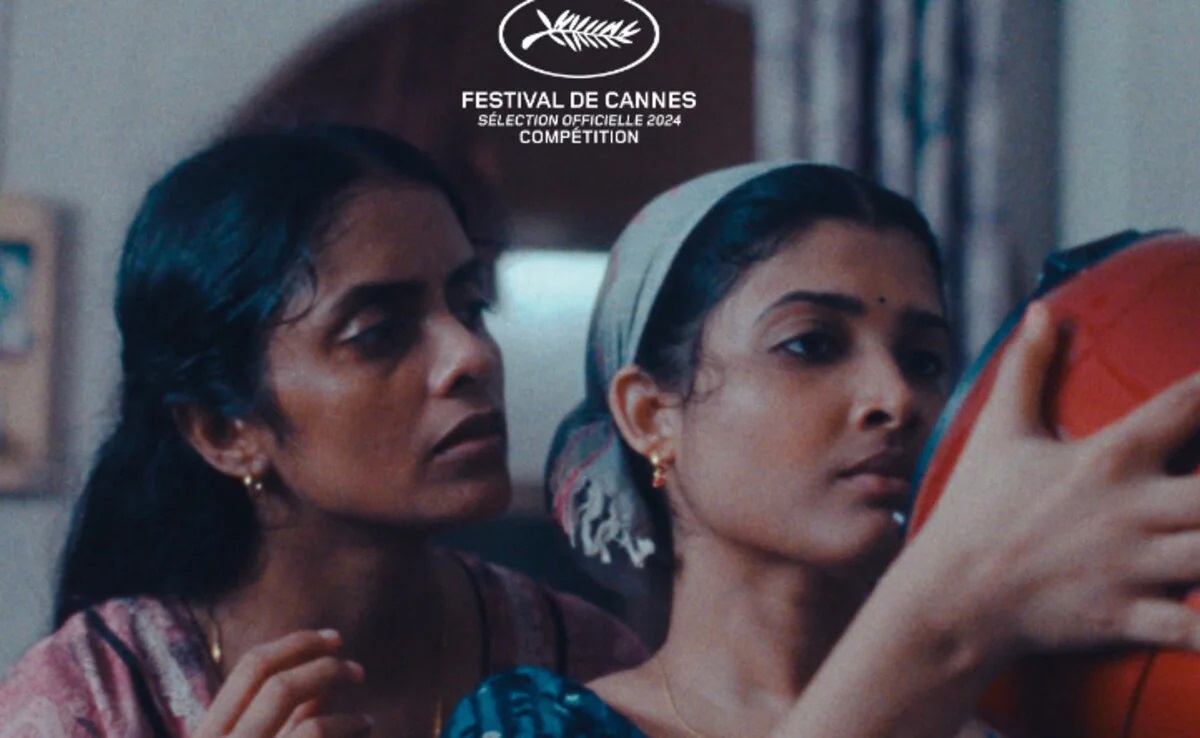
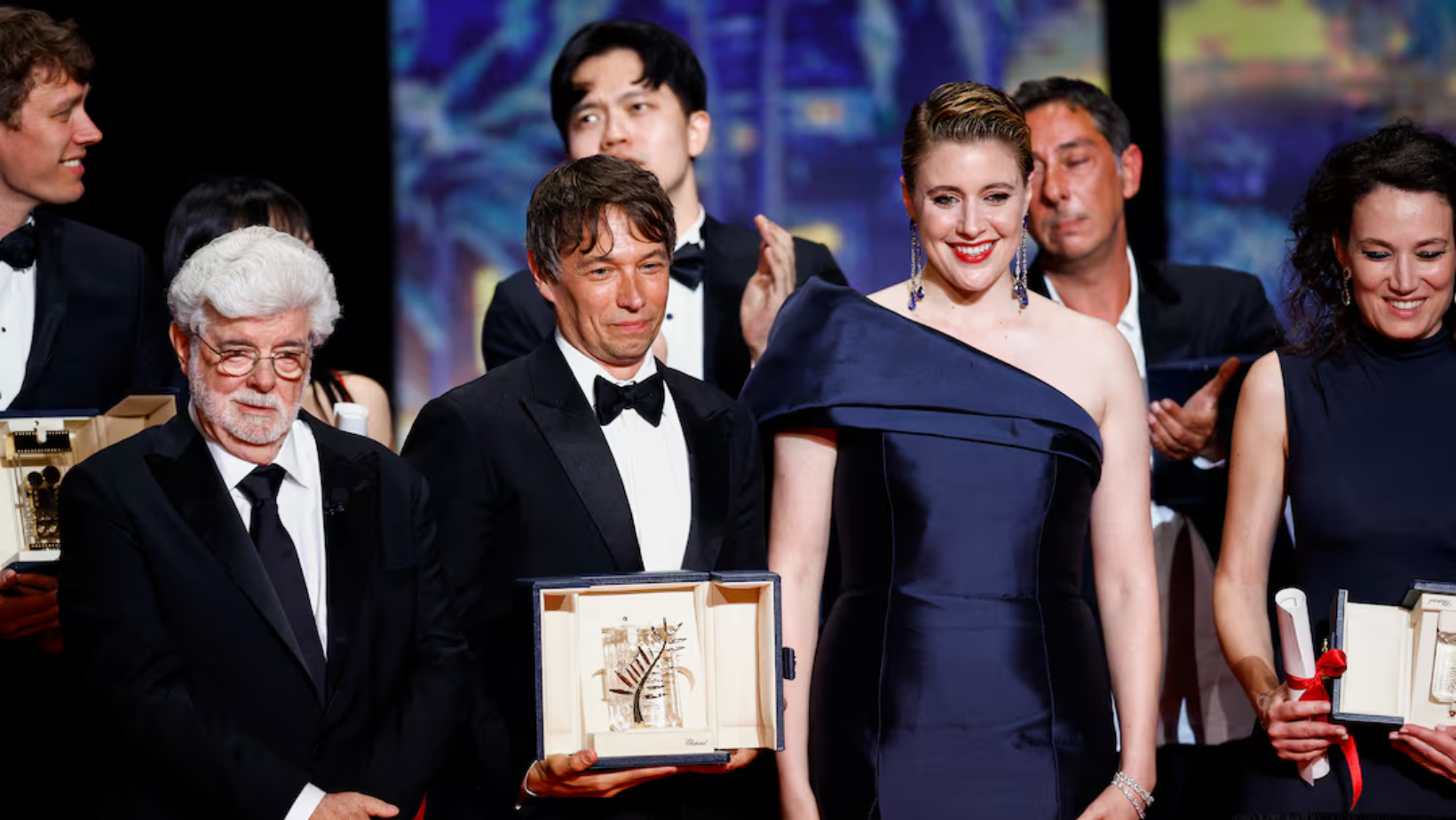
Comments